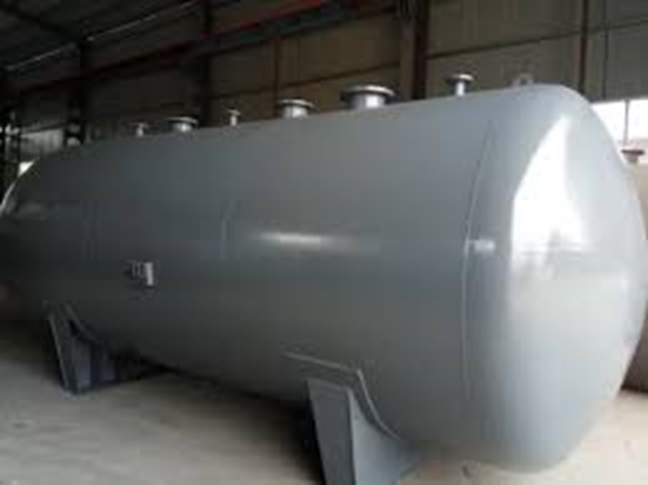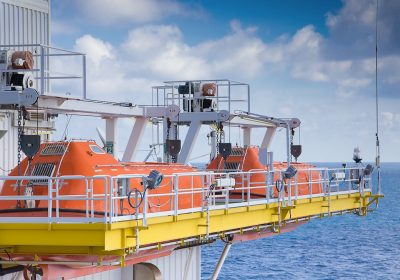
Comparing Fuel Tanks and Petrol Tanks: Which Is More Efficient for Industrial Use?
For industrial operations, reliable fuel storage is critical to keep machinery, generators, and vehicles running smoothly. Two of the most commonly used storage solutions are the fuel tank and the petrol tank. While both serve a similar purpose—storing fuel—they have distinct features that make each suitable for specific industrial needs.
In this article, we’ll compare fuel tanks and petrol tanks in terms of efficiency, durability, safety, and cost to help you make an informed decision for your business.
1. Understanding Fuel Tanks and Petrol Tanks
A fuel tank is a general storage solution designed for various fuels, including diesel, petrol, and biofuels. They are widely used in construction, mining, and agricultural industries.
A petrol tank, on the other hand, is specifically designed for storing petrol (gasoline). It adheres to strict safety standards due to the higher flammability of petrol compared to diesel and other fuels.
2. Capacity and Size Options
- Fuel Tanks: Available in a wide range of sizes, from small portable tanks (50–200 liters) to large fixed tanks exceeding 10,000 liters.
- Petrol Tanks: Typically smaller in capacity due to stricter regulations on petrol storage, often ranging from 20 liters (portable) to 2,500 liters (stationary).
Winner: Fuel Tanks – They offer greater flexibility for large-scale industrial use.
3. Material and Durability
- Fuel Tanks: Commonly made of steel, aluminum, or polyethylene. Steel fuel tanks are highly durable and resistant to harsh environments.
- Petrol Tanks: Usually made from high-density polyethylene (HDPE) or stainless steel to prevent corrosion and leakage caused by petrol’s volatility.
Winner: Tie – Both tanks can be durable if made from certified materials, but fuel tanks have more versatile material options.
4. Safety and Regulatory Compliance
- Fuel Tanks: Require standard safety measures like pressure relief valves, spill containment, and grounding systems.
- Petrol Tanks: Must comply with stricter flammability regulations, including flame arrestors, ventilation, and certified labeling.
Winner: Petrol Tanks – Due to more rigorous safety standards, they minimize risks associated with petrol storage.
5. Efficiency in Industrial Applications
- Fuel Tanks: Ideal for large-scale operations such as mining, construction, and logistics where diesel is commonly used. They allow bulk purchasing and long-term storage.
- Petrol Tanks: Best for smaller machinery, tools, and vehicles that require petrol, especially in construction or agricultural sectors.
Winner: Depends on Usage – For high-volume diesel use, fuel tanks are more efficient. For specialized petrol-powered equipment, petrol tanks are the better choice.
6. Cost and Maintenance
- Fuel Tanks: Higher initial cost for large tanks, but cost-effective for bulk storage. Maintenance includes regular inspections, cleaning, and leak testing.
- Petrol Tanks: Generally lower in capacity and cost but require frequent inspections due to petrol’s higher volatility.
Winner: Fuel Tanks – Offer better long-term value for large-scale industrial operations.
7. Environmental Impact
Both tanks can pose environmental risks if not managed properly. Leaks or spills can contaminate soil and water sources. Using double-walled tanks, proper spill kits, and certified containers minimizes environmental hazards.
Conclusion
Choosing between a fuel tank and a petrol tank depends on your industrial requirements:
- If you operate diesel-based heavy machinery and need bulk fuel storage, a fuel tank is more efficient and cost-effective.
- If your operations rely on petrol-powered equipment with strict safety standards, a petrol tank is the smarter choice.
For maximum efficiency, many industries use a combination of both to ensure seamless operations and compliance with fuel storage regulations.
At GoldRock InfraTech, we offer premium-quality fuel tanks and petrol tanks designed for industrial applications, with options for both portable and stationary use.

















